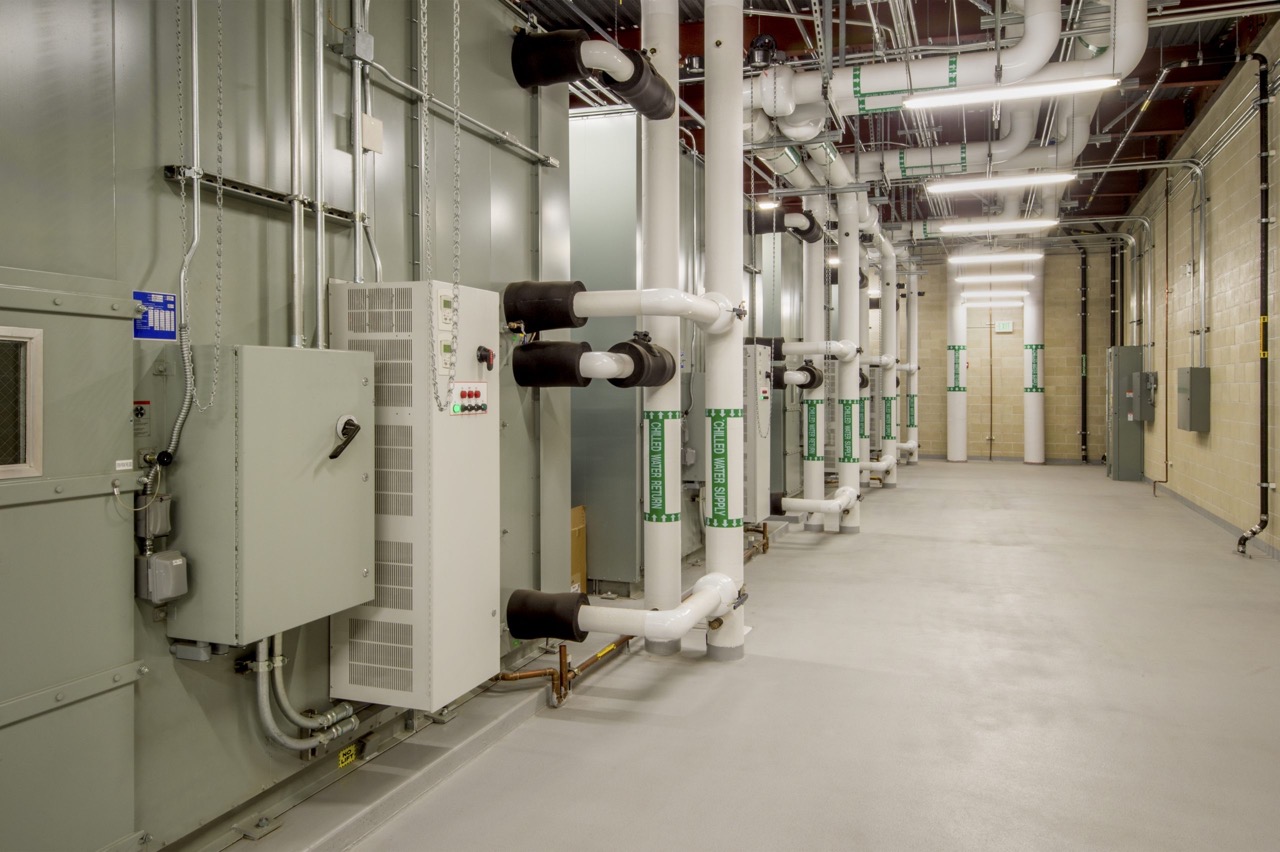

Articles
How To Save Energy In HVAC Systems
Modified: October 20, 2024
Learn valuable tips and techniques in our articles on how to save energy in HVAC systems, lowering your utility bills and reducing your carbon footprint.
(Many of the links in this article redirect to a specific reviewed product. Your purchase of these products through affiliate links helps to generate commission for Storables.com, at no extra cost. Learn more)
Introduction
Heating, Ventilation, and Air Conditioning (HVAC) systems are a crucial component of any modern building, providing comfort and maintaining a healthy indoor environment. However, HVAC systems also consume a significant amount of energy, contributing to higher energy bills and environmental impact. Therefore, it is essential to implement strategies to save energy in HVAC systems without compromising comfort.
In this article, we will explore the importance of saving energy in HVAC systems and provide practical tips to help you conserve energy and reduce your carbon footprint. By implementing these strategies, you can not only save money but also contribute to a greener and more sustainable future.
Key Takeaways:
- Implementing energy-saving practices in HVAC systems, such as regular maintenance, optimal temperature settings, and efficient ventilation, can significantly reduce energy consumption, lower bills, and contribute to a more sustainable future.
- Upgrading to energy-efficient equipment, utilizing smart thermostats, and ensuring proper insulation and sealing are key strategies to optimize energy usage in HVAC systems, leading to long-term cost savings and environmental benefits.
Understanding HVAC Systems
HVAC systems are complex systems that control the temperature, humidity, and air quality inside a building. They consist of various components, including the heating system, ventilation system, and air conditioning system.
The heating system is responsible for providing warmth during cold weather. It can be powered by different sources, such as natural gas, oil, or electricity. The ventilation system ensures the fresh supply of air and removes stale air from the building, maintaining good indoor air quality. Lastly, the air conditioning system is designed to cool the indoor environment during hot weather.
To achieve optimal performance, HVAC systems rely on a network of ducts, fans, filters, and sensors. These components work together to distribute conditioned air throughout the building, ensuring a comfortable environment.
It is important to understand that HVAC systems are designed to operate efficiently within specific parameters. When these parameters are not met, the system may consume more energy, leading to increased energy costs and environmental impact.
Importance of Saving Energy in HVAC Systems
Saving energy in HVAC systems carries significant importance for several reasons. Firstly, energy consumption accounts for a significant portion of a building’s operating costs. By implementing energy-saving strategies, building owners and homeowners can reduce their energy bills and save money in the long run.
Moreover, HVAC systems’ energy consumption has a substantial environmental impact. The burning of fossil fuels to generate electricity for powering HVAC systems contributes to greenhouse gas emissions and climate change. By conserving energy, we can play our part in reducing carbon emissions and mitigating the effects of global warming.
Energy-saving practices in HVAC systems also promote sustainability and conservation of natural resources. By reducing energy consumption, we decrease the demand for fossil fuels, which are finite resources. This, in turn, helps in preserving these resources for future generations.
Furthermore, HVAC systems that operate efficiently have a longer lifespan and require fewer repairs and maintenance. By implementing energy-saving measures, we can reduce the wear and tear on HVAC equipment, extending its operational life and avoiding costly breakdowns.
Lastly, saving energy in HVAC systems contributes to creating a more comfortable and healthier indoor environment. By properly insulating the building, optimizing temperature settings, and maintaining adequate ventilation, we can ensure a consistent and pleasant indoor climate. This, in turn, has a positive impact on the occupants’ health, productivity, and overall well-being.
Given these factors, it is clear that saving energy in HVAC systems is not just a financial concern; it is also an environmental and social responsibility.
Tips for Saving Energy in HVAC Systems
Implementing energy-saving practices in HVAC systems can significantly reduce energy consumption and lower your energy bills. Here are some practical tips to help you save energy:
- Regular Maintenance: Schedule regular maintenance for your HVAC system to ensure that it operates efficiently. This includes cleaning or replacing filters, checking for leaks, lubricating moving parts, and inspecting ductwork. A well-maintained system will operate more efficiently, saving energy and reducing the need for repairs.
- Optimal Temperature Settings: Set your thermostat to the optimal temperature for both heating and cooling. In the winter, lower the temperature a few degrees and wear warm clothing. In the summer, raise the temperature a few degrees and use fans to circulate air. This small adjustment can make a significant impact on energy savings.
- Smart Thermostats: Install a programmable or smart thermostat that allows you to schedule temperature settings based on your occupancy patterns. This technology can automatically adjust temperatures when you are away or sleeping, optimizing energy usage without sacrificing comfort.
- Insulation and Sealing: Properly insulate your building to minimize heat loss in winter and heat gain in summer. Insulate walls, floors, and ceilings, and seal any gaps or cracks to prevent air leakage. This will reduce the load on your HVAC system and improve energy efficiency.
- Efficient Ventilation: Use natural ventilation techniques, such as opening windows and using ceiling fans, to circulate fresh air. This can reduce the reliance on mechanical ventilation and help maintain good indoor air quality. Additionally, ensure that vents and air registers are not obstructed by furniture or other items, allowing for optimum air distribution.
- Upgrading to Energy-Efficient Equipment: Consider upgrading to energy-efficient HVAC equipment, such as Energy Star-certified units. These units are designed to consume less energy while still providing optimal performance. Although the initial investment may be higher, the long-term energy savings and environmental benefits make it a worthwhile investment.
By implementing these tips, you can make significant strides in saving energy in your HVAC systems, contributing to a more sustainable and energy-efficient building.
Regular Maintenance
Regular maintenance is crucial for the efficient operation of HVAC systems and plays a vital role in saving energy. Here are some maintenance tasks that should be performed regularly:
- Clean or Replace Filters: Dirty air filters restrict airflow, making your HVAC system work harder and consume more energy. Clean or replace filters as recommended by the manufacturer, typically every 1-3 months.
- Check for Leaks: Inspect air ducts for leaks and seal any gaps or cracks. Leaky ducts can result in air loss, reducing the efficiency of your system. Sealing leaks can improve airflow and reduce energy waste.
- Lubricate Moving Parts: Properly lubricate all moving parts, such as motors and fans. Lubrication reduces friction and helps your system operate smoothly and efficiently.
- Inspect Electrical Connections: Regularly check electrical connections and ensure they are tight and secure. Loose connections can result in higher energy consumption and even system failure.
- Inspect and Clean Coils: Dirty coils can reduce heat transfer efficiency. Regularly inspect and clean both the evaporator and condenser coils to optimize system performance.
- Check Refrigerant Levels: Insufficient refrigerant levels can lead to reduced cooling efficiency, resulting in higher energy consumption. Regularly check and ensure the appropriate refrigerant levels are maintained.
- Clear Debris: Keep the outdoor unit free of debris, such as leaves, grass, and dirt. A clogged unit can restrict airflow and reduce system efficiency.
Scheduling regular maintenance with a professional HVAC technician is highly recommended. They can identify and address any potential issues before they escalate, ensuring that your system operates at peak performance. Additionally, professional maintenance can help prolong the lifespan of your HVAC equipment, reducing the need for premature replacements and saving you money in the long run.
Optimal Temperature Settings
Setting the optimal temperature for your HVAC system can significantly impact energy consumption and savings. Here are some tips to help you optimize temperature settings:
- Adjust Thermostat Settings: Lower your thermostat by a few degrees in the winter to save energy. Wearing warm clothing and using blankets can help compensate for the lower temperature. Similarly, raise the thermostat by a few degrees in the summer and use fans to circulate air for added comfort.
- Use Programmable Thermostats: Install a programmable thermostat or upgrade to a smart thermostat that allows you to schedule temperature settings throughout the day. Program the thermostat to lower or raise the temperature when you are away from home or asleep, reducing unnecessary energy consumption.
- Utilize Natural Temperature Regulation: Take advantage of natural temperature regulation in your home. During the winter, open curtains during the day to let in sunlight and close them at night to reduce heat loss. In the summer, keep curtains closed during the day to block out heat from the sun.
- Zoning Systems: Consider implementing zoning systems in your home or building. This allows you to control temperatures in different areas independently, optimizing comfort and energy savings.
- Adjust Temperature Gradually: Avoid making drastic changes in temperature settings. Instead, adjust the temperature gradually to allow your HVAC system to operate more efficiently and maintain a more consistent indoor climate.
- Use Energy-Saving Mode: Many HVAC systems offer an energy-saving mode that reduces energy consumption without sacrificing comfort. Activate this mode to save energy during periods of lower occupancy or when optimal comfort levels are not required.
Experimenting with temperature settings and finding the balance between comfort and energy savings may take some time. However, by making small adjustments and being mindful of your HVAC system’s operation, you can achieve significant energy savings without sacrificing your comfort.
Regularly clean or replace air filters in your HVAC system to ensure efficient airflow and reduce energy consumption.
Smart Thermostats
Smart thermostats are innovative devices that offer advanced features to optimize temperature control and energy savings in your HVAC system. Here’s how smart thermostats can help save energy:
- Programmable Settings: Smart thermostats allow you to schedule temperature settings based on your daily routine. You can set different temperature levels for different times of the day, ensuring comfort when needed and energy savings when you’re away from home.
- Learning Capabilities: Some smart thermostats learn your patterns and preferences over time. They can adjust temperature settings automatically based on factors like occupancy, weather conditions, and historical data, optimizing energy consumption without manual input.
- Remote Access: Many smart thermostats offer remote access through smartphone apps. This allows you to control the temperature of your home even when you’re away. If your plans change, you can adjust the settings to save energy without coming back to an uncomfortable environment.
- Energy Reports: Smart thermostats provide detailed energy reports, showing your energy consumption patterns and suggesting ways to save energy. These insights can help you make informed decisions to further optimize your HVAC system’s performance.
- Integration with Other Smart Devices: Smart thermostats can integrate with other smart devices in your home, such as lighting systems and smart speakers. This allows for automation and coordination between devices, creating a more energy-efficient and convenient living environment.
By investing in a smart thermostat, you gain more control over your HVAC system’s operation and maximize energy savings. The ability to customize temperature settings, monitor energy usage, and remotely control your thermostat ensures that your HVAC system operates efficiently, saving energy and reducing costs.
It’s important to note that not all smart thermostats are the same. Research different models and choose one that best suits your needs, considering factors such as compatibility with your HVAC system, ease of use, and energy-saving features. Installation by a professional may be necessary, depending on the complexity of your existing system and the smart thermostat you choose.
Insulation and Sealing
Proper insulation and sealing play a crucial role in optimizing the energy efficiency of your HVAC system. Here are some tips to ensure effective insulation and sealing:
- Insulate Walls, Floors, and Attic: Insulate your home or building with materials that provide thermal resistance. This helps prevent heat transfer through walls, floors, and the attic, keeping conditioned air inside and reducing the workload on your HVAC system.
- Seal Gaps and Cracks: Inspect windows, doors, and other areas where air can leak in or out. Use weather stripping or caulking to seal any gaps or cracks. This prevents drafts and improves energy efficiency by maintaining a more consistent indoor temperature.
- Insulate Ductwork: Ductwork that is properly insulated reduces heat gain or loss as air travels through the system. Insulating ducts can improve energy efficiency and optimize the delivery of conditioned air to different areas of your home.
- Consider Window Treatments: Install energy-efficient window treatments, such as thermal curtains or blinds, to reduce the transfer of heat through windows. These treatments can help insulate your home and minimize the workload on your HVAC system.
- Use Door Draft Stoppers: To further prevent drafts, use draft stoppers on doors to block air leakage. This can help maintain a more comfortable and energy-efficient indoor environment.
Effective insulation and sealing ensure that conditioned air remains inside your home or building, reducing the need for constant heating or cooling. By minimizing heat transfer and air leakage, you enable your HVAC system to operate more efficiently, resulting in energy savings and improved comfort.
If you’re unsure about the insulation and sealing requirements of your home, consider hiring a professional to perform an energy audit. They can assess your home’s insulation needs and recommend appropriate measures to enhance its energy efficiency.
Efficient Ventilation
An efficient ventilation system is essential for maintaining good indoor air quality and optimizing energy usage in your HVAC system. Consider the following tips for efficient ventilation:
- Natural Ventilation: When weather permits, take advantage of natural ventilation by opening windows and doors to let in fresh air. This helps prevent the buildup of stale air and reduces reliance on mechanical ventilation systems.
- Use Exhaust Fans Wisely: Use exhaust fans in bathrooms and kitchens to remove excess moisture, odors, and pollutants. Ensure these fans are properly sized, vented to the outside, and clean to ensure optimal efficiency.
- Clean Air Vents and Registers: Regularly clean air vents and registers, removing any dust or debris that may obstruct airflow. This promotes proper air circulation and helps maintain consistent temperature levels throughout your home.
- Balanced Ventilation: Consider installing a balanced ventilation system that simultaneously brings in fresh air and exhausts stale air. These systems use heat exchangers to transfer heat or energy between outgoing and incoming air, reducing energy waste.
- Filter Maintenance: Regularly clean or replace air filters in your ventilation system. Clogged or dirty filters restrict airflow, forcing the HVAC system to work harder and consume more energy. Clean filters improve system efficiency and indoor air quality.
- Avoid Blocking Vents: Ensure that air vents and registers are not blocked by furniture, drapes, or other objects. Blocked vents restrict airflow, leading to inefficient operation and wasted energy.
Efficient ventilation not only helps control humidity and remove pollutants but also ensures that your HVAC system operates optimally. By utilizing natural ventilation, properly maintaining ventilation equipment, and promoting proper air circulation, you can improve indoor air quality and reduce energy consumption.
If you’re unsure about the efficiency of your ventilation system, consult with a professional HVAC technician who can assess your system and offer recommendations for improvement.
Upgrading to Energy-Efficient Equipment
Upgrading to energy-efficient HVAC equipment can have a significant impact on energy savings and the overall performance of your system. Consider the following tips when considering an upgrade:
- Energy Star Certification: Look for HVAC equipment that has earned the Energy Star certification. This label indicates that the equipment meets strict energy efficiency guidelines established by the U.S. Environmental Protection Agency. Energy Star-certified equipment operates more efficiently, consuming less energy while delivering optimal performance.
- High Seasonal Energy Efficiency Ratio (SEER) and Annual Fuel Utilization Efficiency (AFUE) Ratings: When choosing air conditioners and heat pumps, consider models with high SEER ratings. SEER measures cooling efficiency. Likewise, for furnaces and boilers, look for higher AFUE ratings, which indicate higher heating efficiency.
- Variable Speed Motors: HVAC equipment with variable speed motors can adjust the airflow to meet the specific heating or cooling demands of your space. This allows for greater energy efficiency and increased comfort by tailoring the system’s operation to your needs.
- Zoning Systems: Consider installing a zoning system that allows you to control temperatures in different areas of your home or building independently. This enables you to customize heating and cooling based on occupancy and usage patterns, saving energy by avoiding conditioning unused spaces.
- Proper Sizing: Ensure that the HVAC equipment is properly sized for your space. Oversized or undersized equipment can lead to inefficient operation and energy waste. Consult with a professional HVAC technician to determine the right size for your specific needs.
- Heat Recovery Ventilation (HRV) or Energy Recovery Ventilation (ERV) Systems: These systems recover heat or energy from stale exhaust air and transfer it to incoming fresh air. HRV or ERV systems can improve energy efficiency by reducing the workload on your HVAC system while maintaining good indoor air quality.
- Consider Geothermal or Solar Options: Geothermal heat pumps and solar HVAC systems utilize renewable energy sources, reducing reliance on traditional electricity. Although the upfront costs may be higher, they can provide long-term energy savings and environmental benefits.
Before upgrading, consult with a professional HVAC contractor to assess your needs, evaluate potential energy savings, and determine the most suitable equipment for your space. Professional installation and regular maintenance will ensure optimal performance and maximize energy savings over time.
Remember, while upgrading to energy-efficient equipment requires an initial investment, the long-term energy savings and environmental benefits make it a worthwhile investment for both your pocket and the planet.
Conclusion
Saving energy in HVAC systems is not only beneficial for your wallet, but it also plays a vital role in reducing greenhouse gas emissions and promoting a more sustainable future. By implementing the following tips, you can optimize energy consumption in your HVAC systems:
- Regular maintenance to ensure efficient operation and prolong equipment lifespan.
- Optimal temperature settings and the use of programmable or smart thermostats.
- Proper insulation and sealing to minimize heat loss or gain.
- Efficient ventilation strategies to maintain good indoor air quality.
- Consideration of upgrading to energy-efficient equipment.
By incorporating these practices into your HVAC system management, you can achieve significant energy savings without sacrificing comfort. Not only will you lower your energy bills, but you will also contribute to the reduction of greenhouse gas emissions and help protect the environment.
Remember, it’s essential to consult with professionals for maintenance, installation, and upgrades. They can provide expert advice specific to your HVAC system’s needs and ensure proper implementation of energy-saving strategies.
So, take the initiative today and start implementing these energy-saving tips in your HVAC systems. By doing so, you can make a positive impact on both your finances and the environment, creating a more sustainable and energy-efficient future.
Frequently Asked Questions about How To Save Energy In HVAC Systems
Was this page helpful?
At Storables.com, we guarantee accurate and reliable information. Our content, validated by Expert Board Contributors, is crafted following stringent Editorial Policies. We're committed to providing you with well-researched, expert-backed insights for all your informational needs.
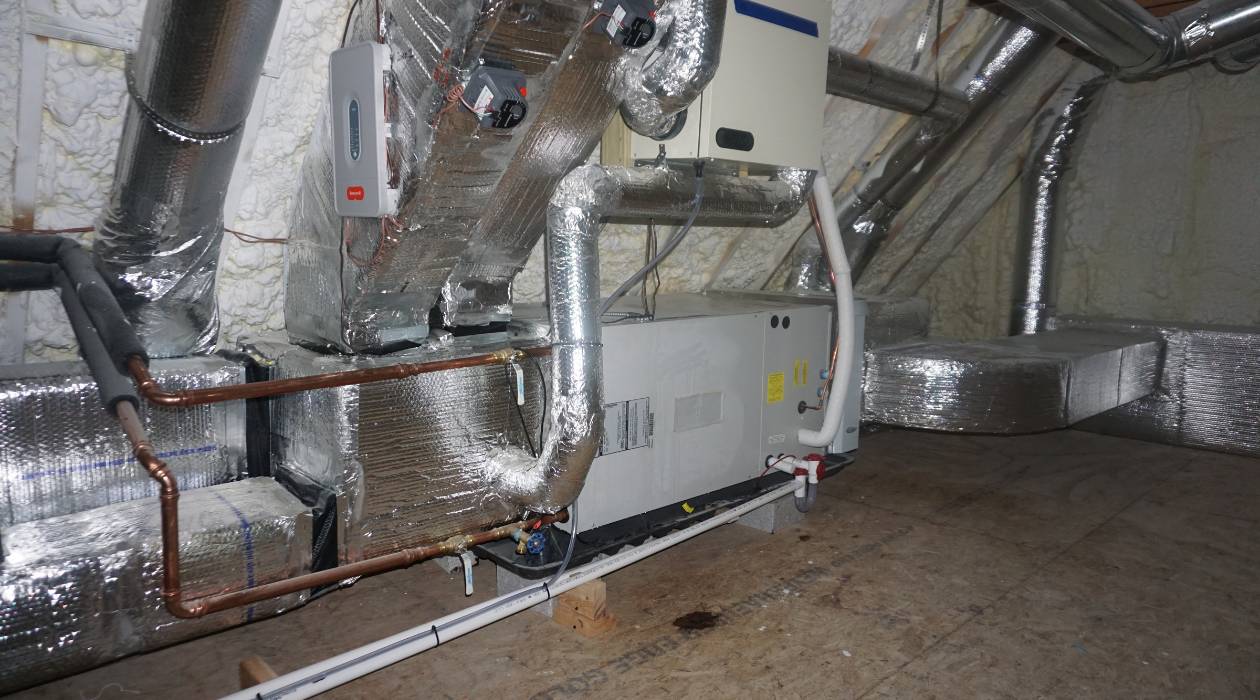
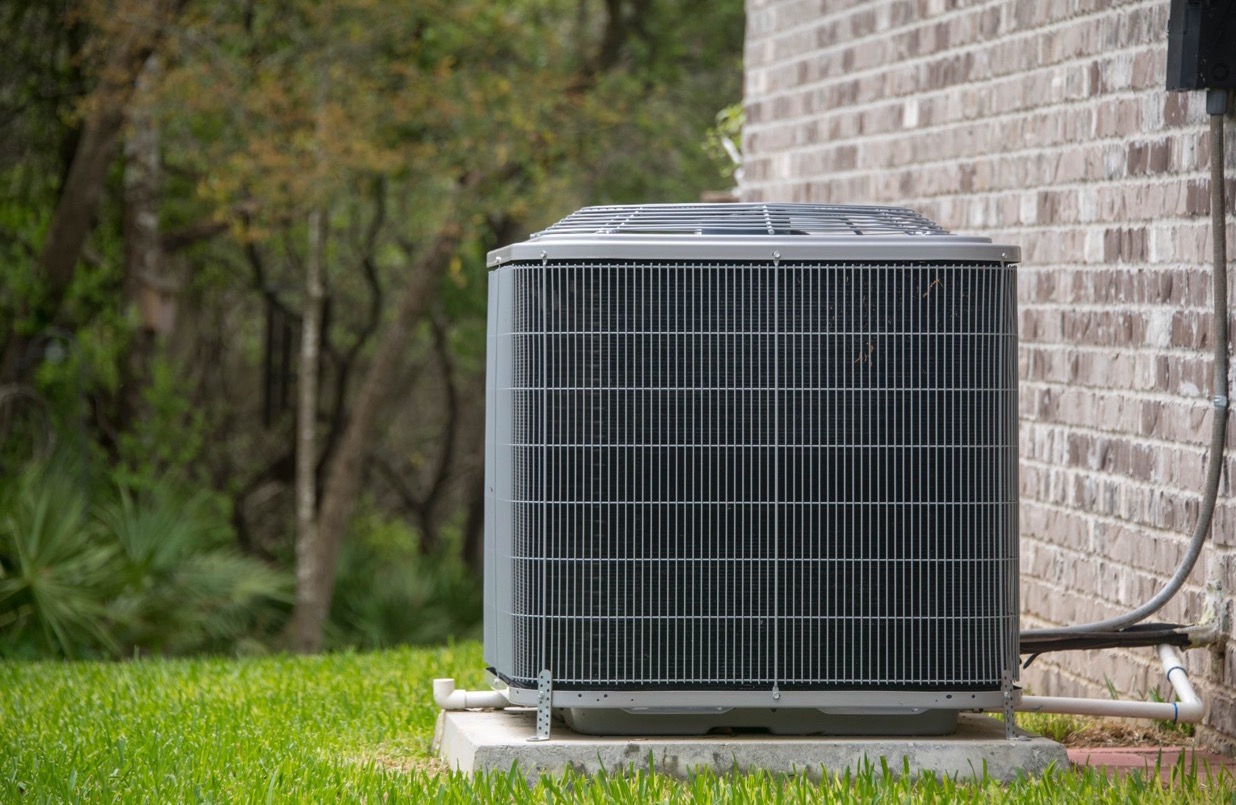
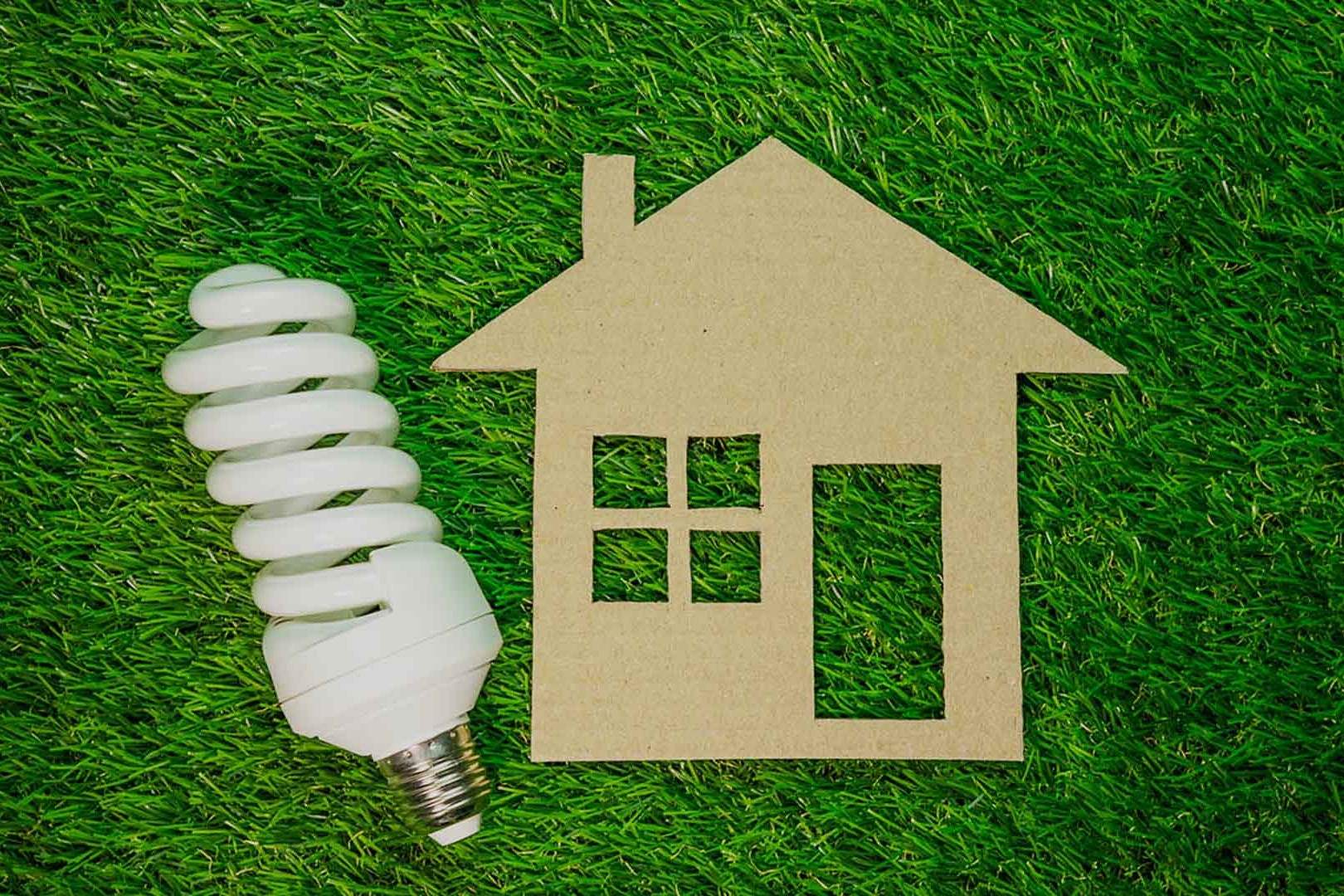
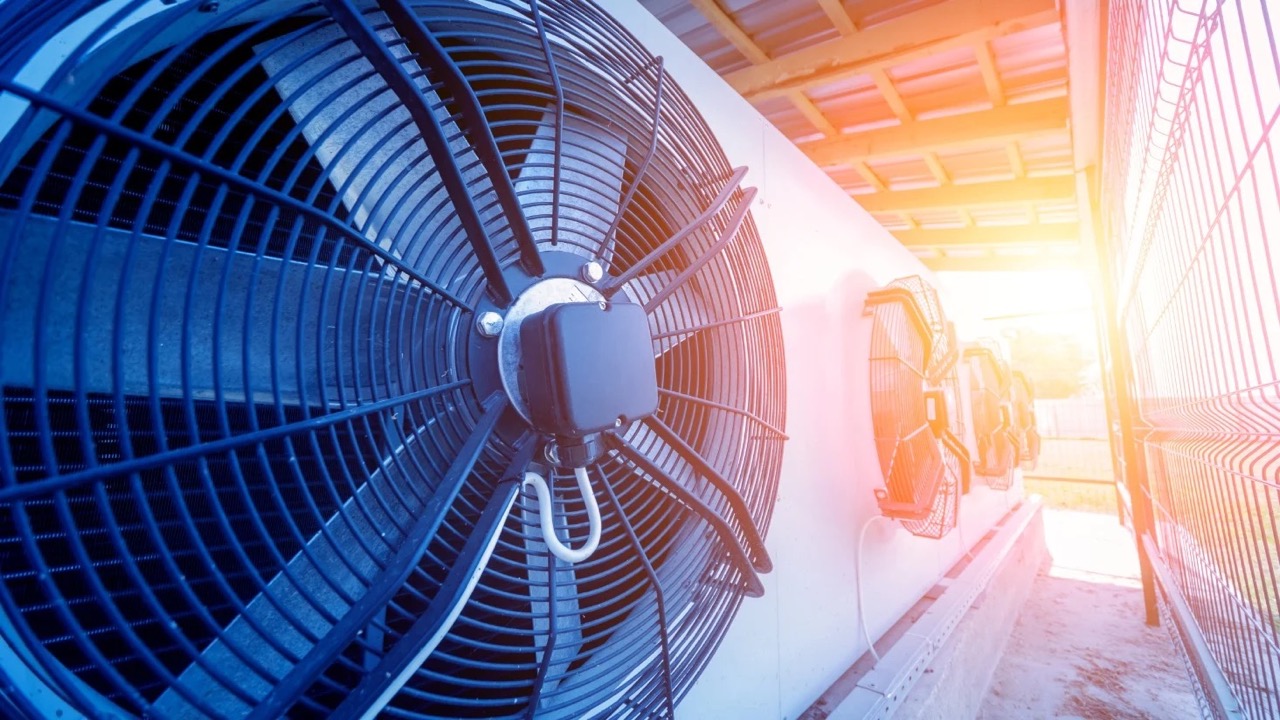
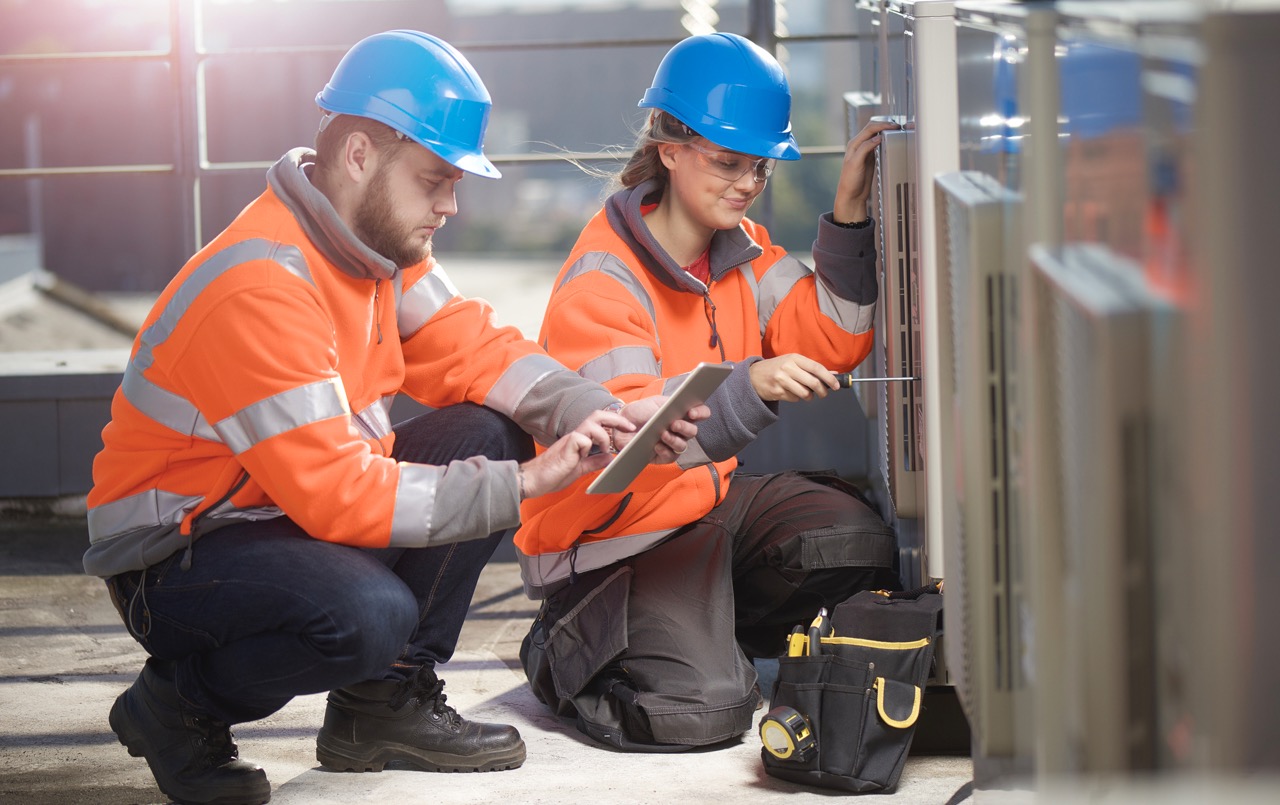
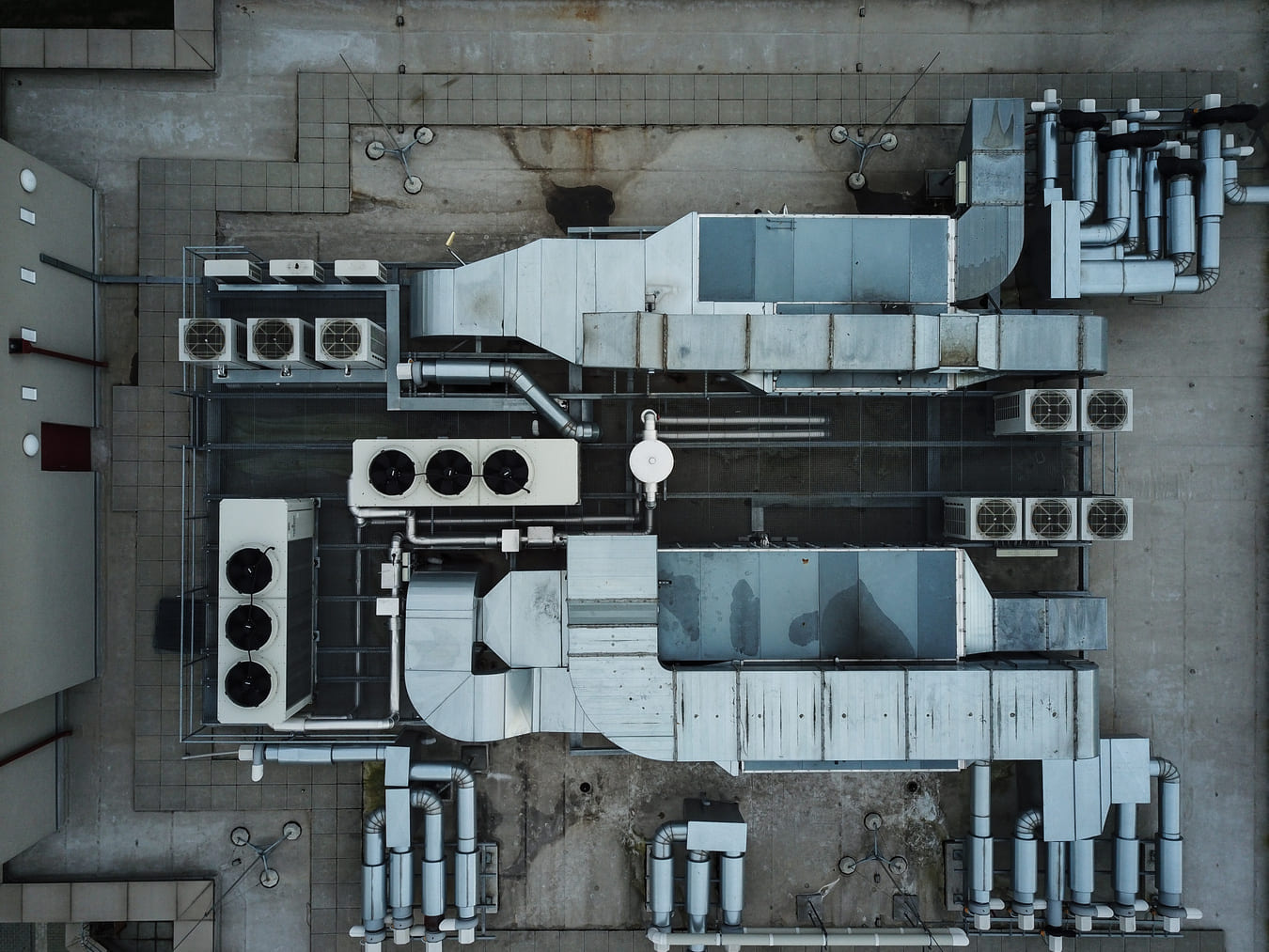
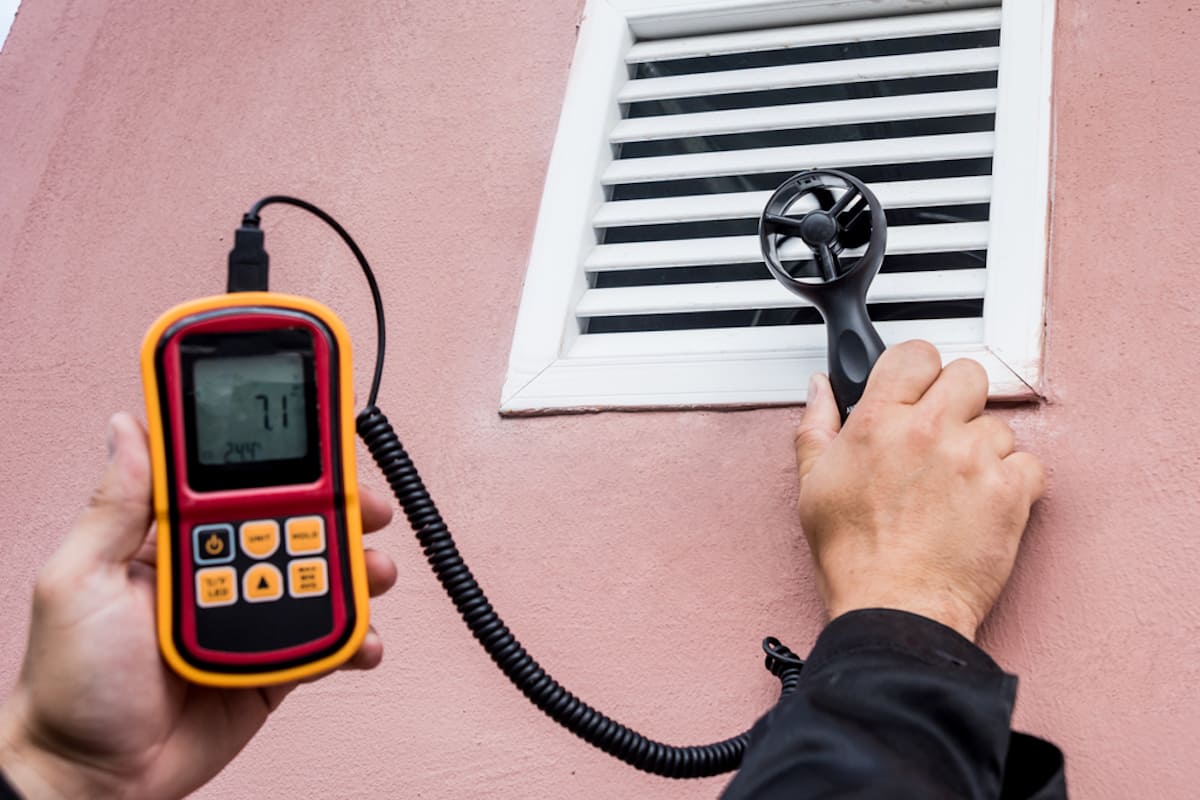
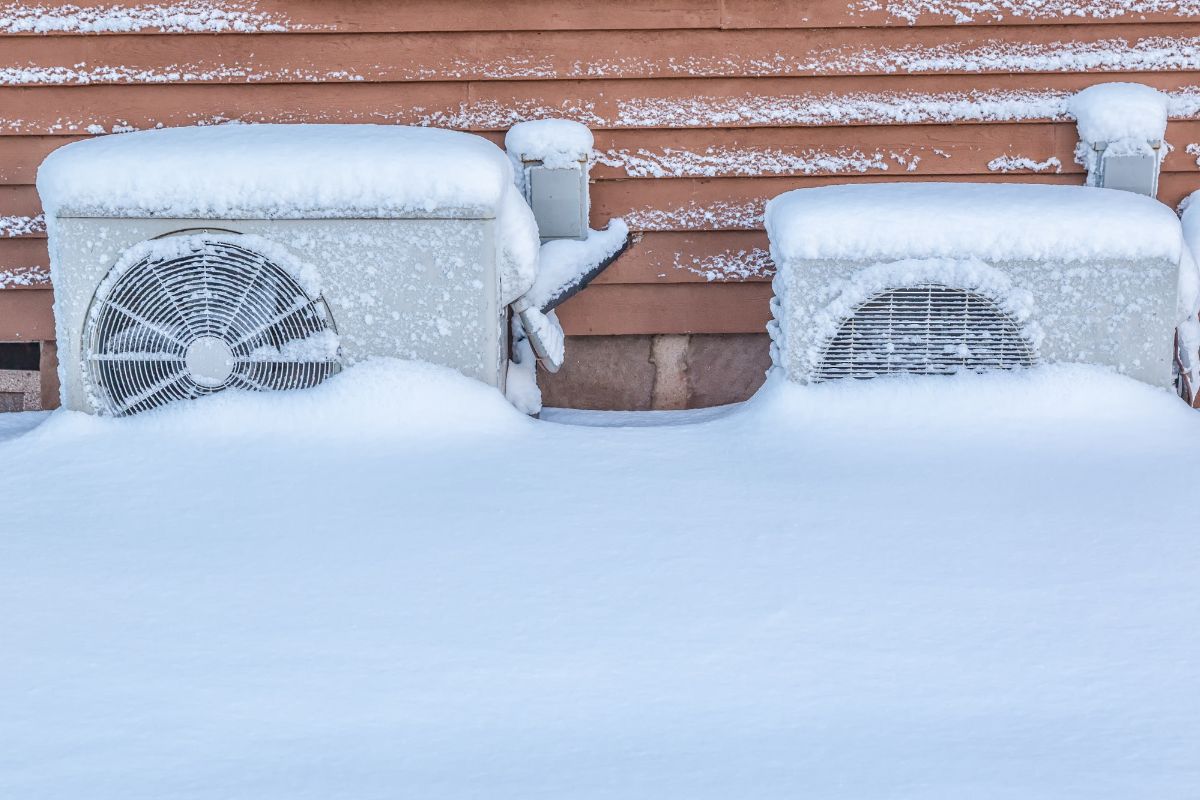
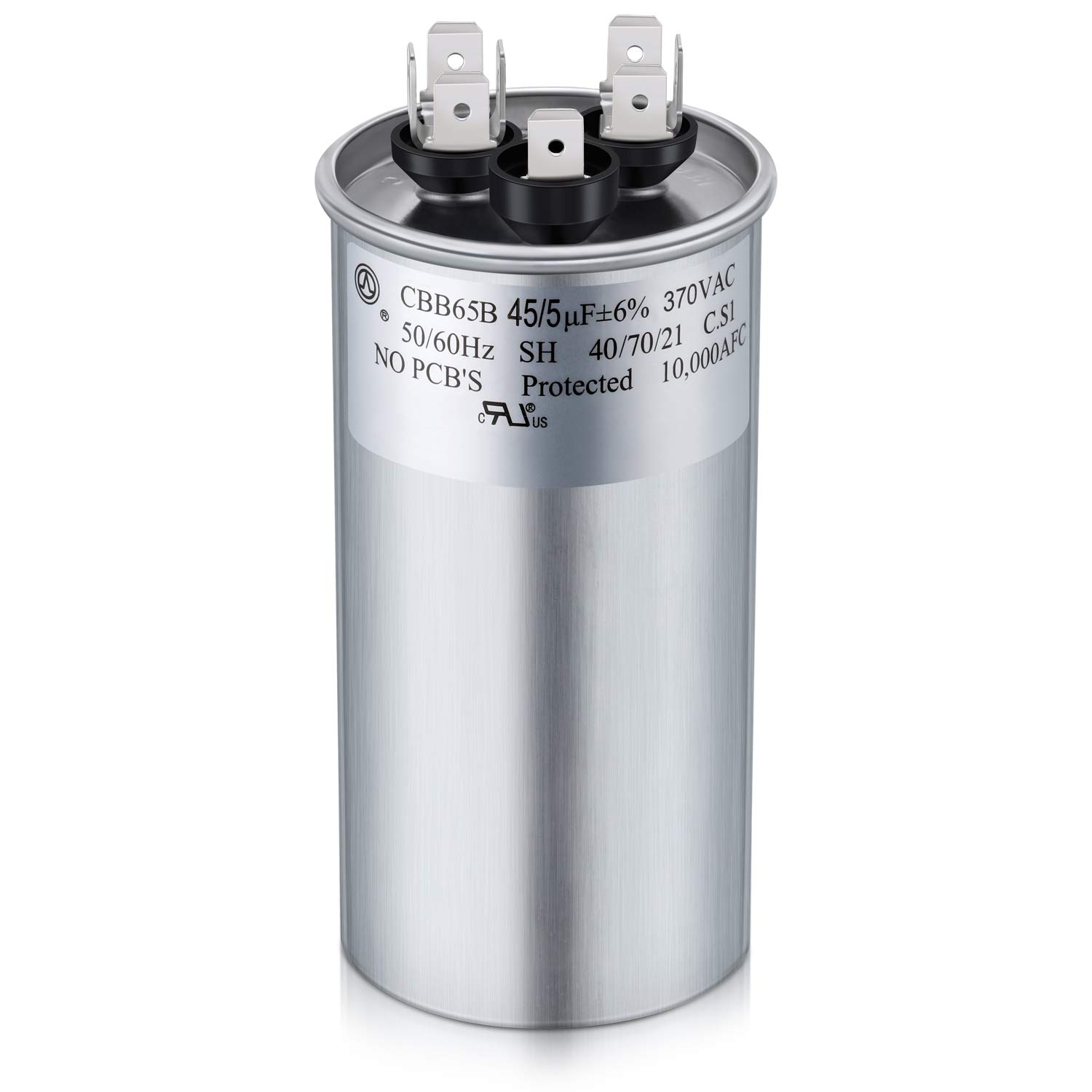
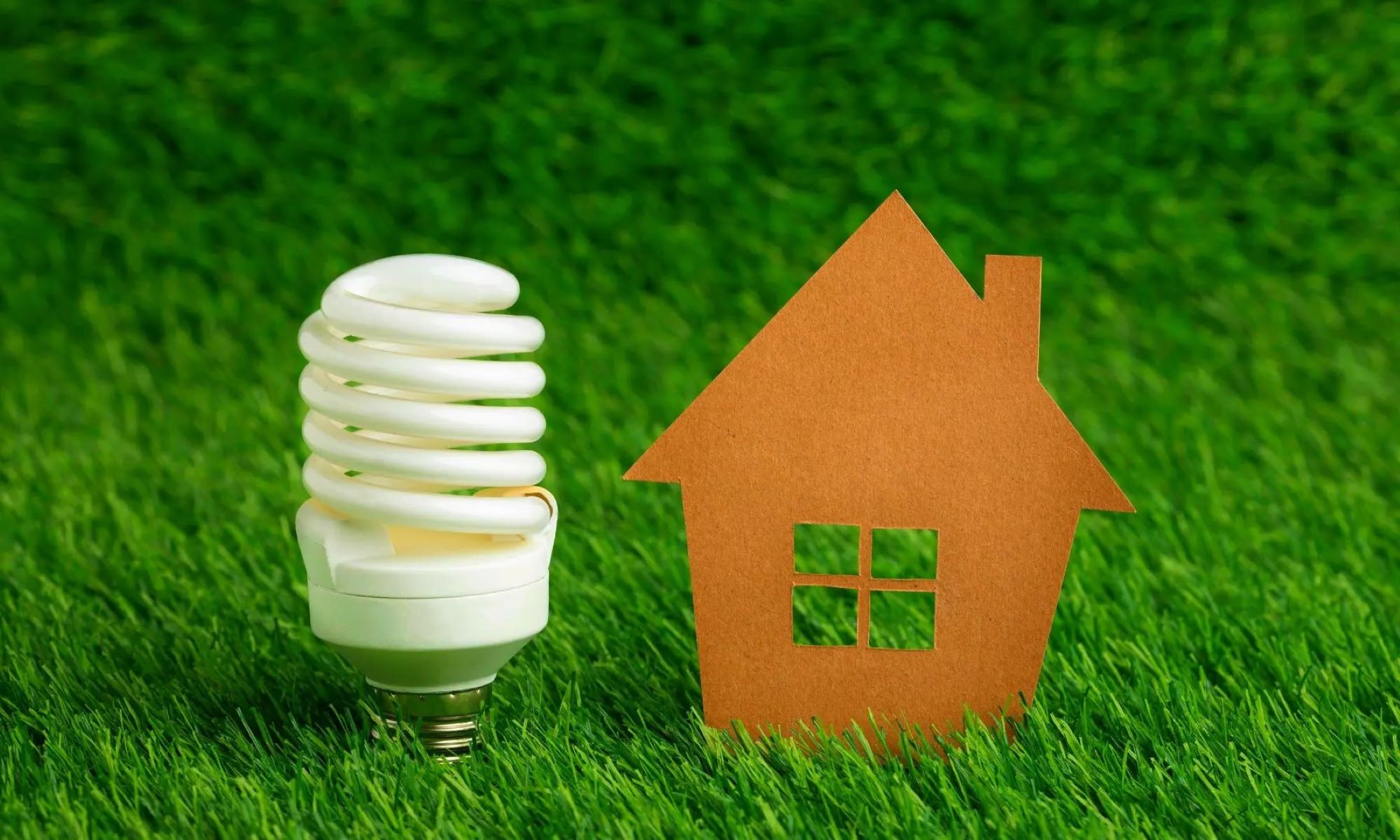
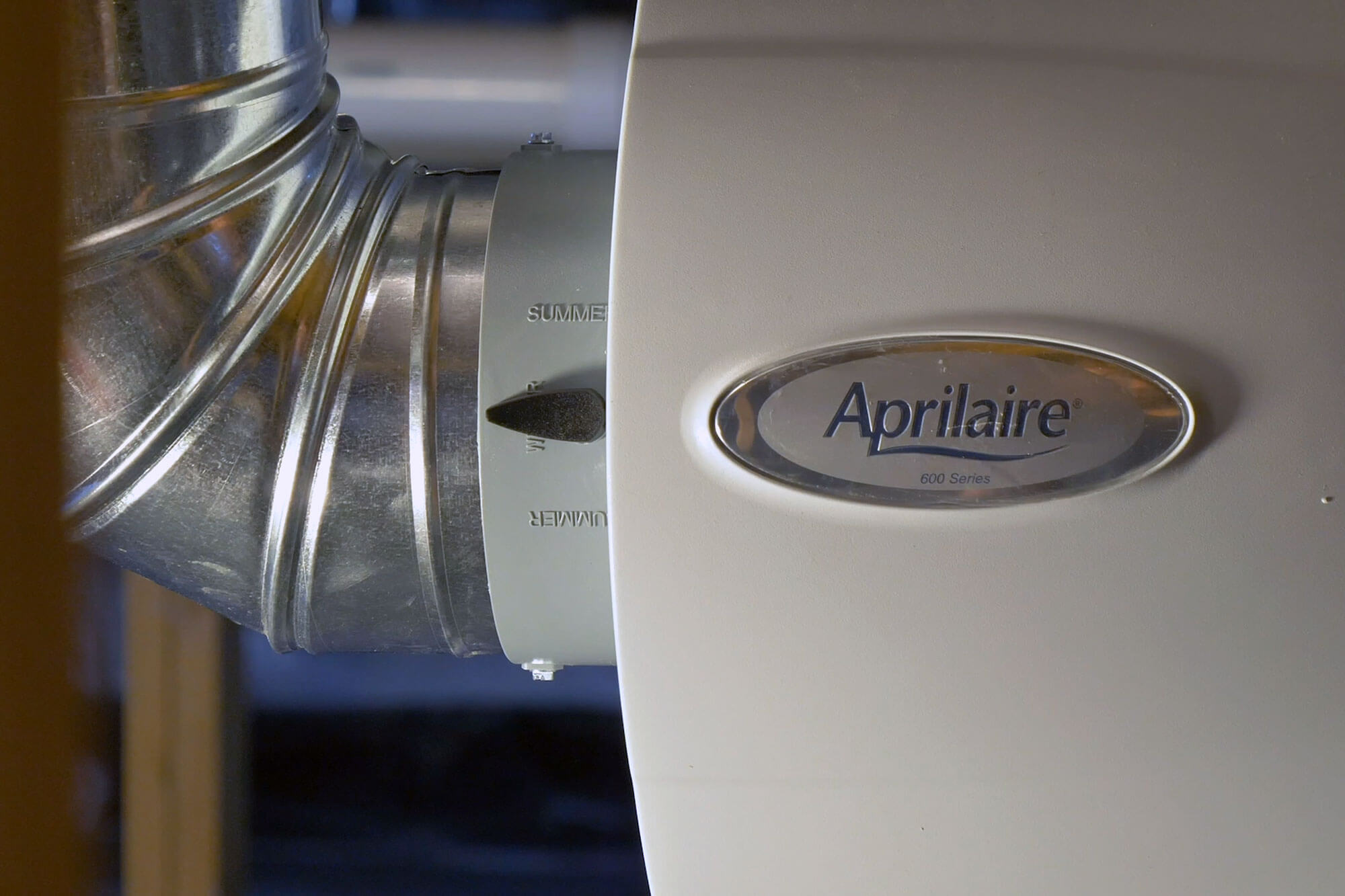
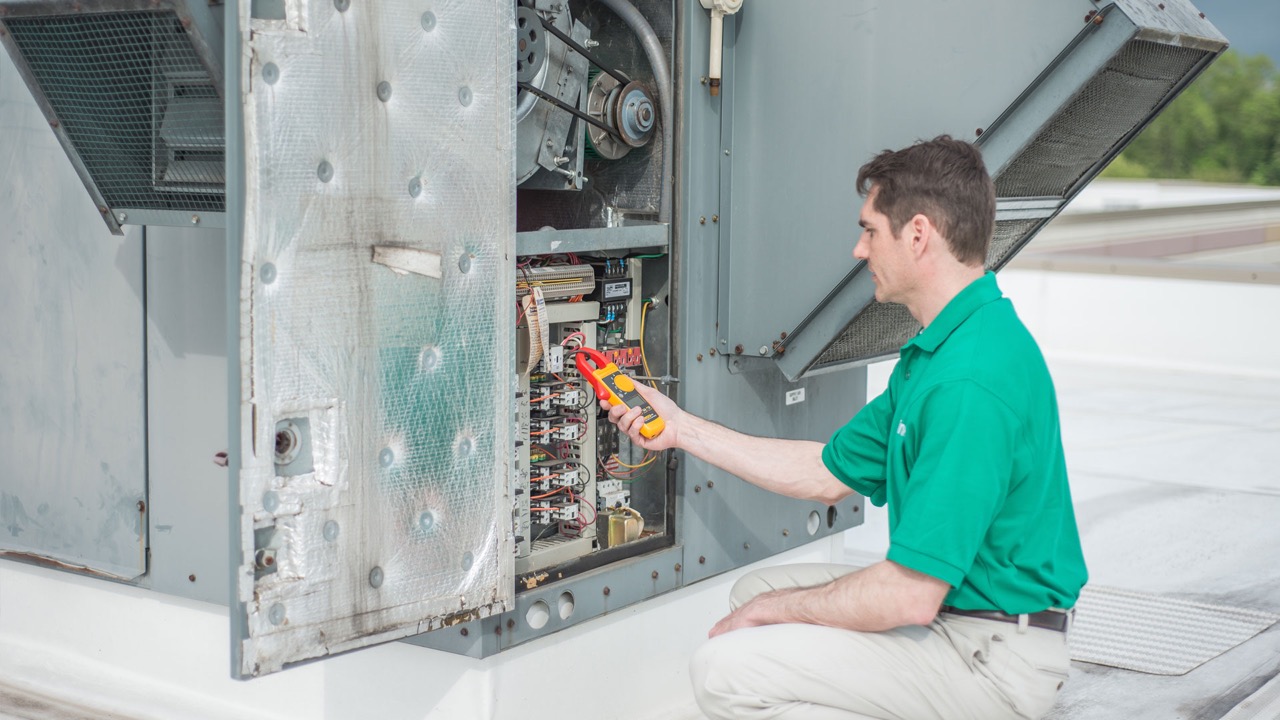
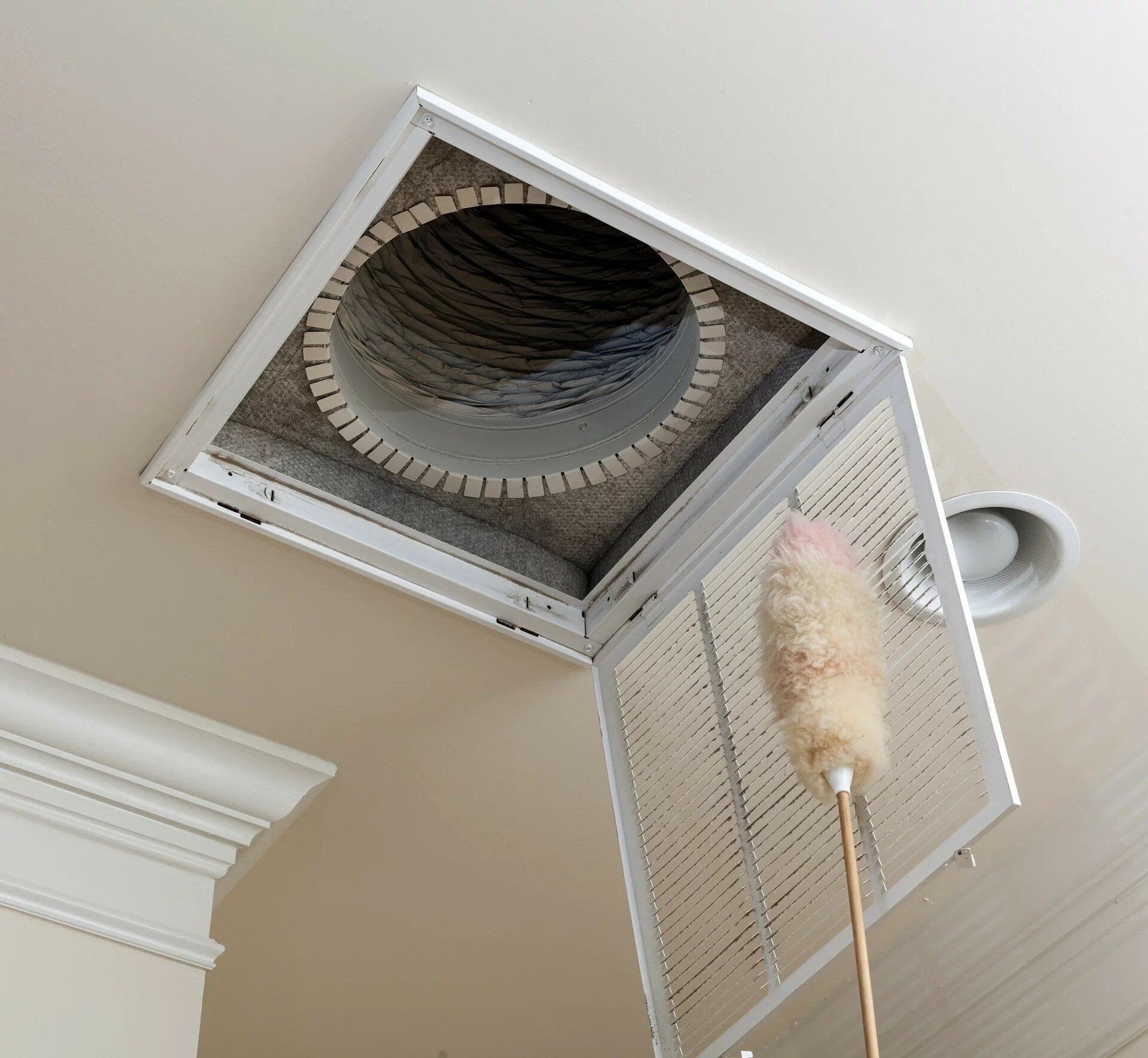

0 thoughts on “How To Save Energy In HVAC Systems”